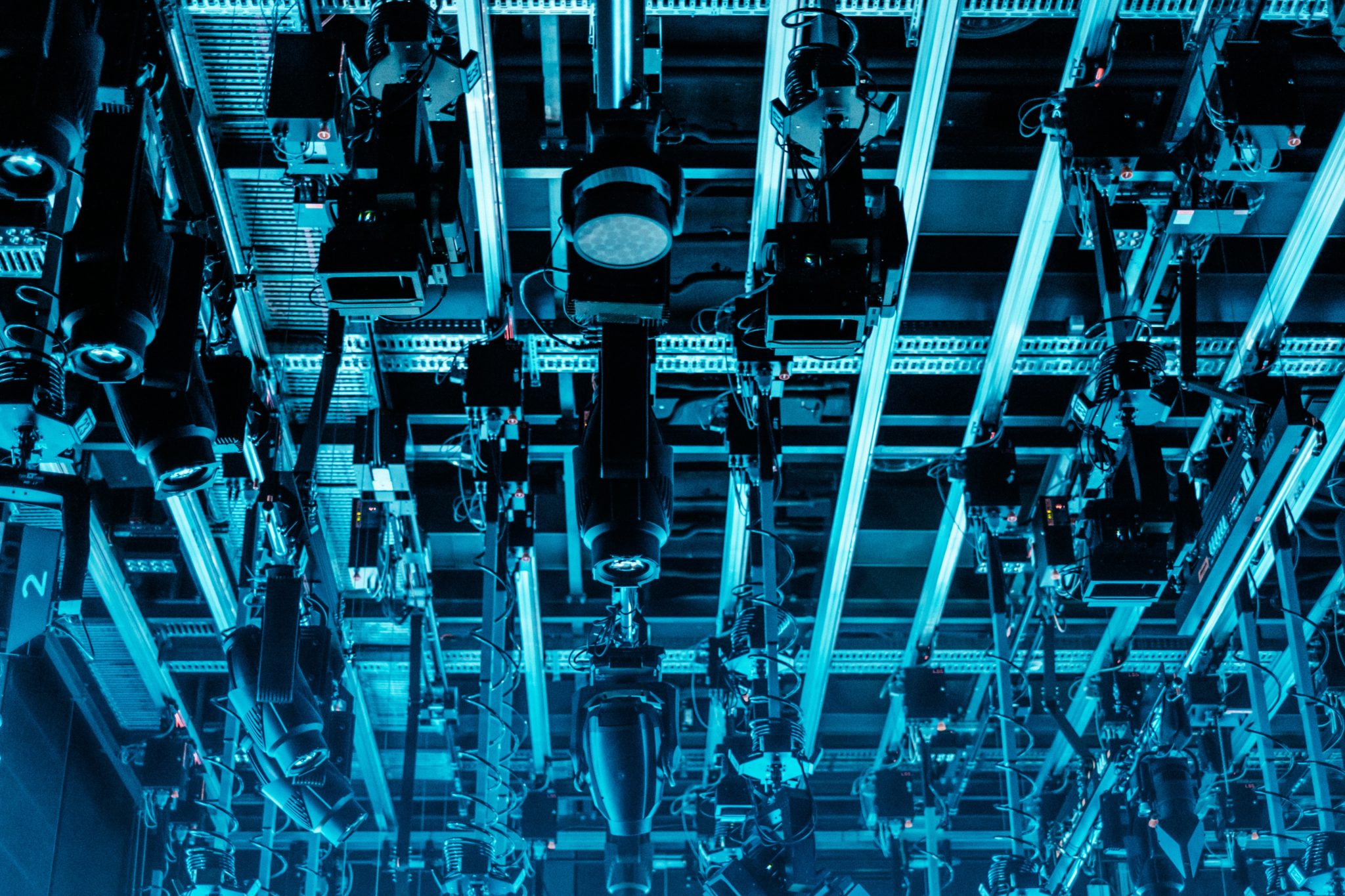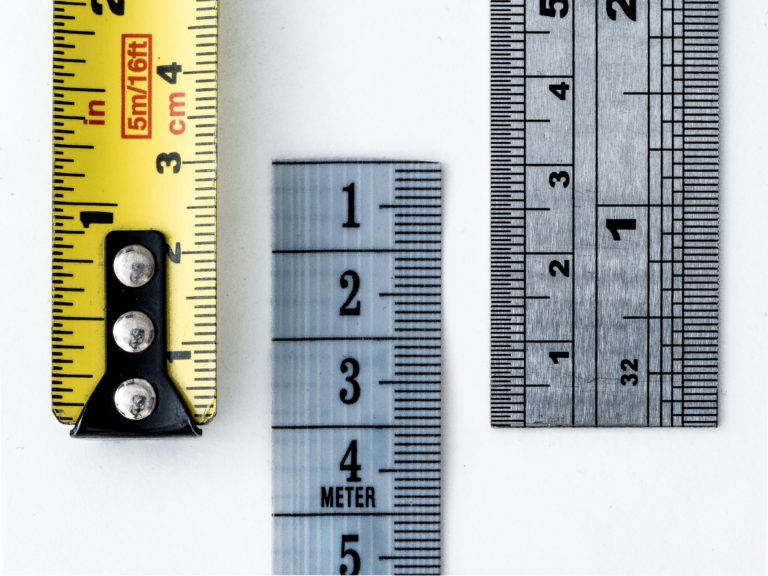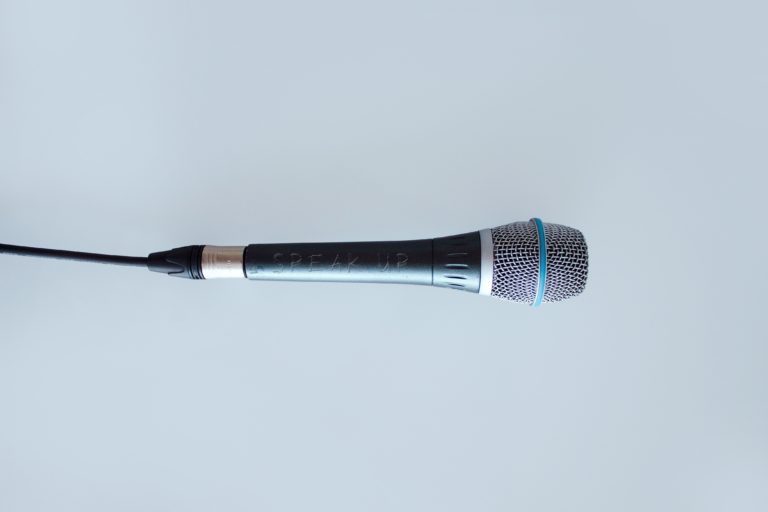Last night, Democratic primary candidates continued to contrast heavily with each other, thanks to…
July Debate, Night 1: What We Saw & What We’re Watching For

Senator Elizabeth Warren, Senator Amy Klobuchar, and author Marianne Williamson (and seven white men) took the Democratic primary debate stage last night. The Barbara Lee Family Foundation has studied the obstacles and opportunities women face when running for office for the past 20 years, with a focus on executive office, and here’s what we noticed:
-
Strictly adhering to the format may be a disadvantage for women candidates.
The format of last night’s debate: candidates were allowed 60 seconds to answer a question, with 30 seconds of rebuttal time. While these time limits on answers aren’t unusual (the June Democrat primary debate had the same rules), the strict enforcement of the time limits that we saw last night may impact women candidates more. Why? Because the format doesn’t allow enough time to go into detail. Voters start out with the assumption that men are qualified, but require women to show more to prove qualifications. Thorough policy proposals are essential for women and one of the hallmarks of electability, and difficult to fit into 30 seconds.
-
Stories from the campaign trail can help show an understanding of the challenges Americans are facing.
In her first answer of the night, Warren told a story about a man suffering from ALS to illustrate her points about our healthcare system. In her closing statement, Klobuchar told a story about a high schooler to illustrate the breadth of the opioid crisis and promise that she will stand up to the pharmaceutical companies. A deep understanding of the challenges Americans face is the single biggest indicator of electability to voters, and sharing stories from the campaign trail is an especially effective way for women candidates to show they are in touch with the lives of voters.
-
Contrasting is still difficult for women candidates.
Last night’s debate questions were designed to pit the candidates against each other, often asking a candidate to mention colleagues they disagree with by name. Right out of the gate, many of the male candidates came ready to specifically call out other candidates on stage. This puts women candidates at a disadvantage because women pay a higher price when they contrast with opponent or “go negative” on the debate stage. Last night, the women candidates stayed mostly above the fray, with perhaps the harshest criticism of the night coming from Marianne Williamson, but not directed at any one candidate: “And I’ve heard some people here tonight, I almost wonder why you’re Democrats. You seem to think there’s something wrong about using about using the instruments of government to help people.”
A few questions:
- What would the reaction be to a woman candidate highlighting her relative youth compared to the other candidates, like Mayor Pete Buttigieg did last night?
- If Senator Amy Klobuchar were a man, would Congressman Tim Ryan have said the first clause of this sentence: “I love Amy Klobuchar, but I think she’s wrong on this one?”
- When is there going to be a woman of color moderator on the debate stage?
We’ll be watching to see if these trends hold true for tonight’s debate!
We’ll also be looking to see:
- If women embrace being a 360-degree candidate
- Whether “likeability” is still being talked about (or “the beer test”)
- If we finally get a question on “women’s issues”
Follow along with us tonight on Twitter at @OnGender for our real-time analysis.






